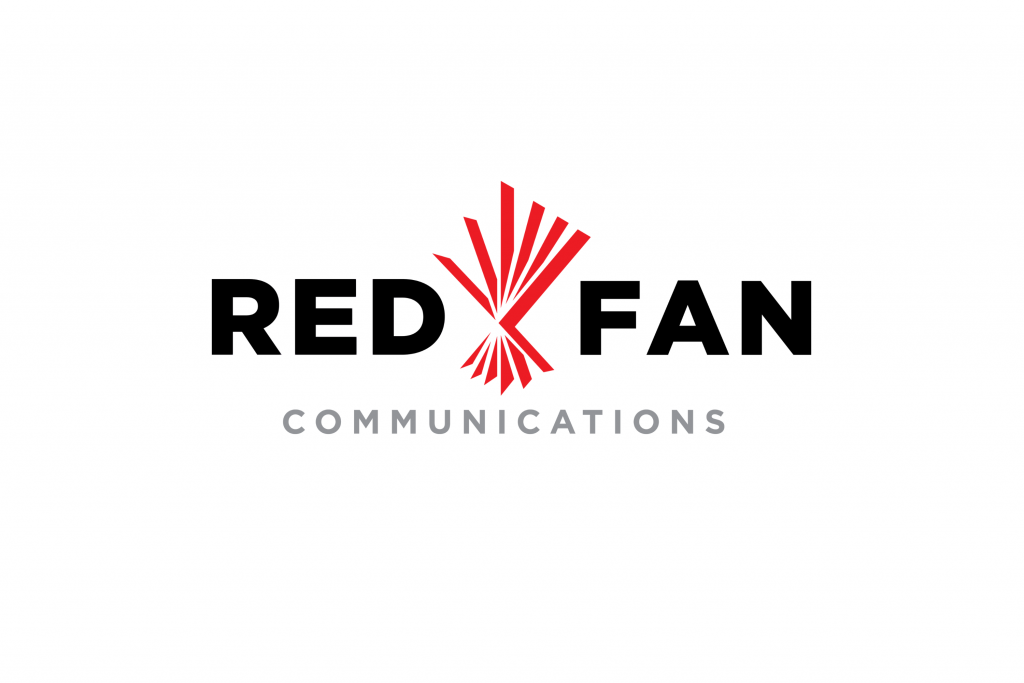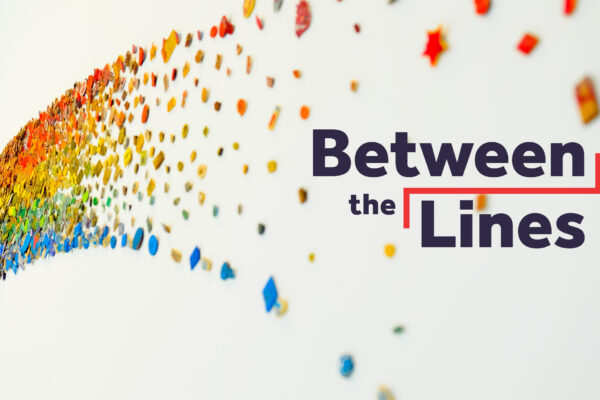Project management software company Basecamp plummets below sea level with its disastrous response to employee complaints
You may have read about Basecamp—the popular project management and collaboration software provider—in the news recently. That’s because its management team successfully free soloed the seven summits of stupidity with no climbing boots, no supplemental oxygen and no prior experience.
Here’s the gist of the story, courtesy of The Verge’s once-again excellent reporting. In late April, Basecamp CEO Jason Fried issued a new policy to company staff that, among other things:
– Prohibited “societal and political discussions” on Basecamp accounts.
– Eliminated what he called “paternalistic benefits” like wellness and continuing education allowances, a fitness benefit and a farmer’s market share on the grounds of “not wanting to encourage certain behaviors.”
– Prohibited “lingering or dwelling on past decisions.”
A short time later, the company held an all-hands meeting to discuss the policies in person. What began as a “conciliatory” discussion quickly became one of staff rightfully “(pressing) the founders on the policy changes, the events leading up to them and the state of the company.” At this point, we learn that Basecamp head of strategy Ryan Singer had, for more than decade and with management’s knowledge, maintained a list of “funny” customer names of Asian, African, American and European origin. On multiple occasions during his tenure at Basecamp, he publicly questioned the existence of white supremacy and said the “framing” of social issues like systemic racism is racist toward white people.
Following Singer’s comments during that all-hands meeting, Fried thanked him.
Basecamp co-founder David Heinemeier Hansson followed that up with, and we’re paraphrasing here: For those employees who can’t fall in line, don’t let the door hit you in the ass on the way out.
The company offered severance packages “no questions asked,” and a third of the staff—including the heads of marketing, design and customer support—promptly took them up on the offer and did, in fact, make sure the door didn’t hit them in the ass on the way out.
Three critical communications lessons
for every founder and executive
There’s simply no way we can unpack this moral, personal and professional embarrassment in a few hundred words, but we can at least boil it down to a few critical communications lessons for every founder and executive.
CONTEXT MATTERS
There’s no rule in the “Building Company Culture” textbook that says you or your business are obligated to create a forum for discourse on sensitive topics like political ideology, racism and discrimination. But the rise of brand activism, whether you engage in it or not, is forcing most brands to, at the very least, develop and clearly communicate a set of policies that inform employees what will or won’t be tolerated in the workplace.
So, on the surface, Fried, as CEO of Basecamp, prohibiting conversations about political or social issues among Basecamp employees on Basecamp channels might feel like a reasonable policy. Dig a little deeper though, and it becomes clear that management’s repeated, decade-long failure to address the underlying issues not only created a culture that accepted discriminatory behavior at the most senior level, but created one that left employees feeling so unsafe, excluded and marginalized at work that their only recourse was to address it themselves. Factor in the lack of a unified (and again, clearly communicated) policy, and of course these conversations are going to play out in the most public of company channels. Basecamp stripped employees of every way of being heard but one, and instead of listening, grabbed a megaphone and told them to shut up.
THE CHANNEL YOU USE TO COMMUNICATE TO YOUR EMPLOYEES MATTERS
As a founder or executive, you have a variety of channels through which you can proactively engage with and communicate to your employees: town halls and live Q&As, emails and memos, small group discussions, pre-recorded videos.
Knowing which channel to use and when can make the difference between employees feeling a part of your culture or apart from it. When it comes to extremely sensitive issues, like the ones with which Basecamp is reckoning, employees don’t want to read a blog. They want to see and hear from you, to know by the expression on your face and the tone of your voice that the message you’re sending is authentic and sincere.
ACCOUNTABILITY MATTERS
The Verge published four stories from April 27 to May 4. During a crisis, minutes can feel like hours and hours can feel like days, so a week is practically a lifetime. It stresses the importance of reacting quickly. But, as we’ve written about several times (most recently on the Texas energy crisis and government response in February), reacting with platitudes, placations, self-absolution or finger-pointing only compounds the problem, and that’s exactly what happened here.
After the initial piece from The Verge published, Fried wrote a follow-up blog post to employees. In it, he brushed off an employee’s reference to the Anti-Defamation League’s Pyramid of Hate—which, as the employee noted, starts with biased attitudes and escalates to genocide—as a “wrong turn.” This is an extreme example, but an important reminder that when employees are raising something that disturbing, it’s time to stop talking and start listening.
Responding to the list of customer “funny names,” Fried also wrote that “times have changed. Sensibilities have changed. Awareness has changed,” as an implied justification for the company’s repeated failure to act and as a way to shift blame back to employees for not raising their concerns earlier or more loudly. So, somehow, in the same breath, he managed to make morality a function of time, take a sideswipe at his own employees for not raising the issue sooner (after silencing them) and absolve himself in the process.
Yet one more reminder that it’s not what you say that matters, it’s what people hear. The lack of accountability, with comments like, “there are limits to how much it makes sense to beat ourselves up over this,” is a tragedy in itself. Even more tragic is the effect it has clearly had on the employees at Basecamp.






